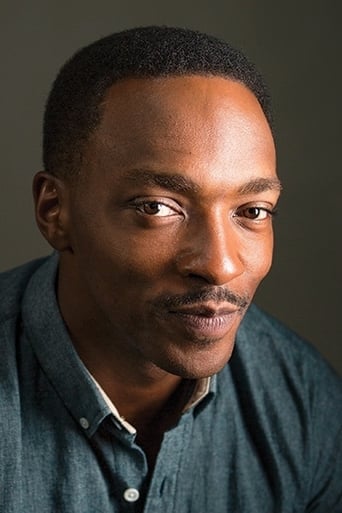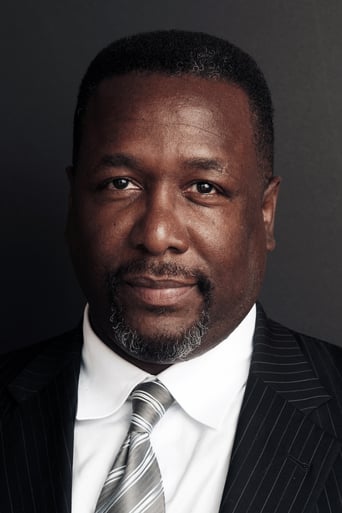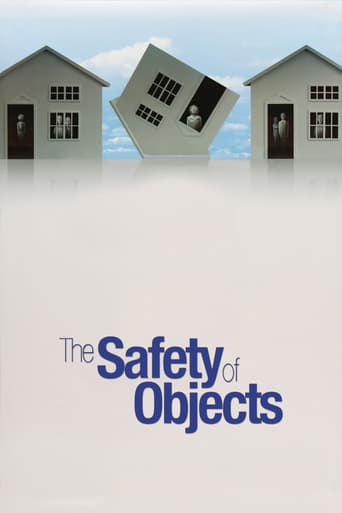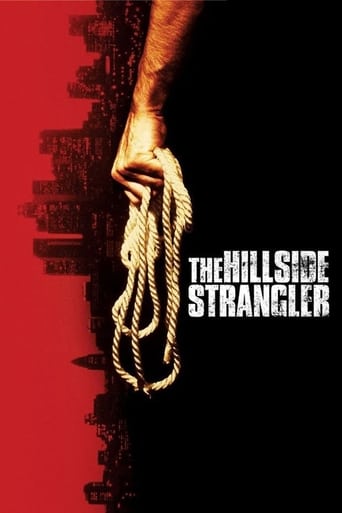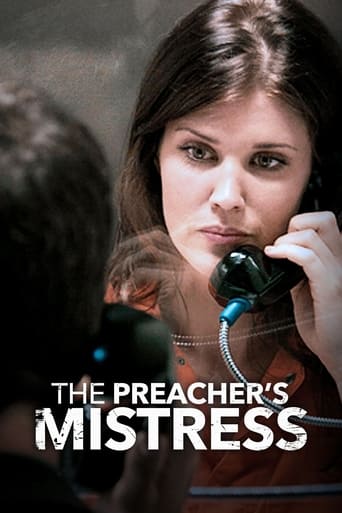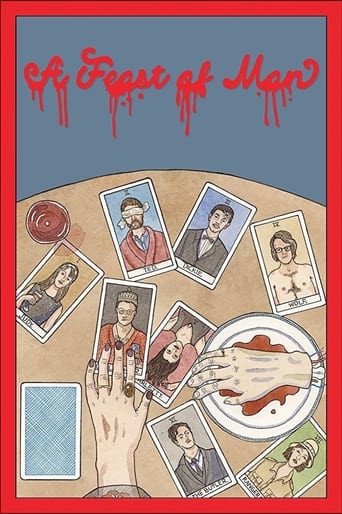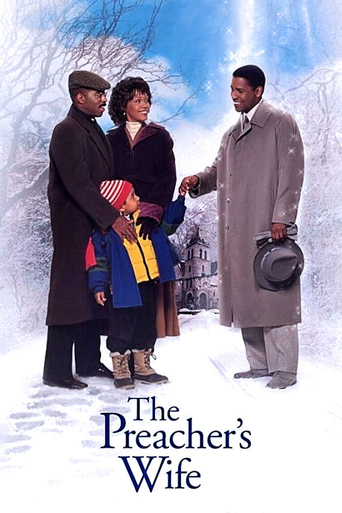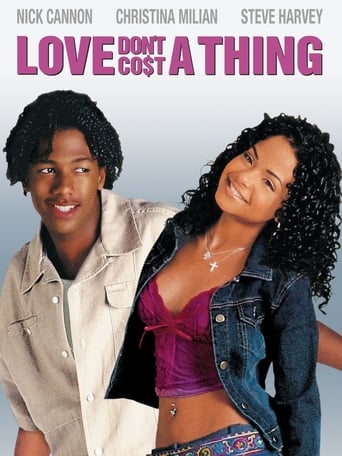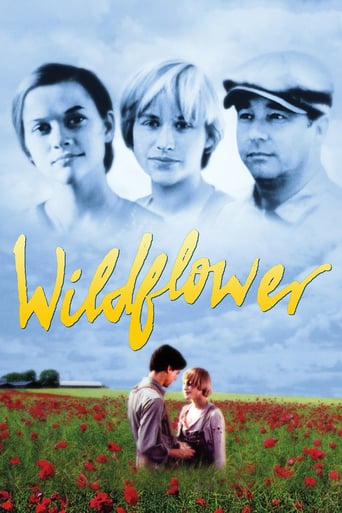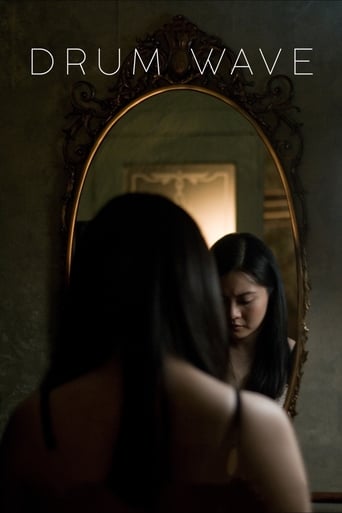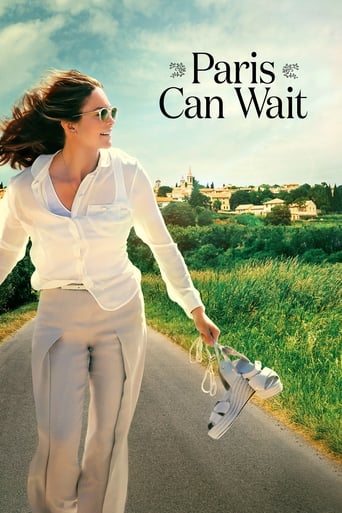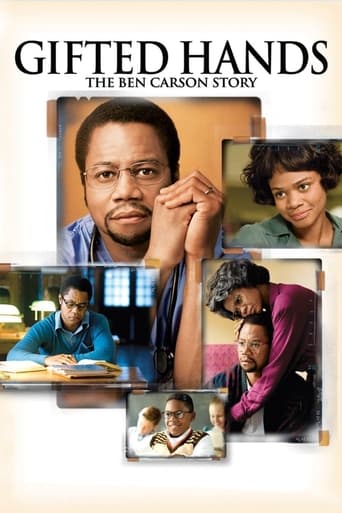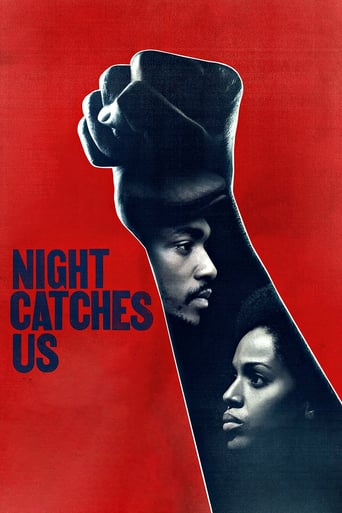
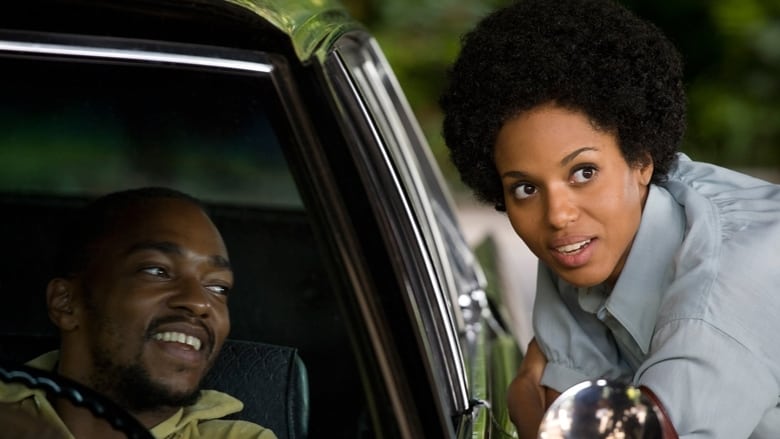
Night Catches Us (2010)
After growing up during the tumultuous 1960s, ex-Black Panther Marcus returns to his home in Philadelphia in 1976 and reconnects with Pat, the widow of a Panther leader. Marcus befriends Pat's young daughter and attempts to conquer his demons. Interfering with Marcus's good intentions are the neighborhood's continuing racial and social conflicts, as well as old enemies and friends -- both with scores to settle.
Watch Trailer
Cast



Similar titles
Reviews
Night Catches Us (2010)A really fascinating look at an African-American reality in Philadelphia in 1976. The plot hook is more sensational than the movie itself—a former Black Panther returning home has to adjust to regular life and accusations of tattling. What really grips you, though, is the "regular life" part, because the acting and direction make this all feel honest and revealing. A slice of life done well.If the core of the movie is how Blacks of different attitudes and philosophies learn to get along (and not get along) with each other, there is also the more expected acrimony between the Black community and the mostly White cops patrolling it. It's hard to know how accurate this part is, because here we are shown clichés of some very dumb and mean and hardheaded white cops, and maybe that was the norm. I'd like to think that some other movies have it right when there are those bad eggs on the force, but that many make an effort to get along and be reasonable with the people they are protecting.But maybe one message of the movie taken whole is just how different it was back then, in the shadow of the truly radical and violent 1960s, as the Muslim influence was rising, as power was promising to shift more evenly between groups but was lurching too slowly. Maybe it was just filled with such distrust it led to caricatures for real. There are several segments of archival footage of Panthers and other protesting, and the gritty roughness of those scenes reveals some kind of glossing over of the situation for this fictional version made 35 years later.The leading actor, Anthony Mackie, and leading actress, Kerry Washington, are both likable and excellent. You might say too likable and excellent—there is a modern feel to their demeanors that's hard to put your finger on. But they're both a joy to watch act and interact. The intentions are low key, and the result is easy going despite the tensions around them. It's a love story after all! Writer and director Tanya Hamilton is making her first feature film here, and she makes the most of her modest intentions. As a commentary on race relations it is nearly the opposite of Spike Lee's approaches in their highly produced flair. And whatever the limitations of the film and its script, it has the net gain of a feeling of sincerity. Which goes a long way.
"Night Catches Us" is the best art-house film I've seen in several months. In fact it bests a lot of the current main-screen fare. It deserves better than the quiet and uneven release it seems destined for.I saw it back-to-back with the Oscar contender "The King's Speech". It balanced the double bill reasonably well. Although "The King's Speech" is of course superior, the comparison wasn't simply ridiculous.I saw it twice ...which I often do with films I really like, as I tend to miss too many things the first time.It's not moralistic. Both sides of survival vs. justice, violence vs. pacifism, united front vs. paranoia, victims vs. victimizers, and this generation vs. the next generation are portrayed sympathetically. Although at first glance one particular style of being seems to be being touted over the others, just a little reflection reveals that the film actually revels in moral ambiguity. Some characters manage to stay on the good side of the respectability line at all times, even while their inner demons are picked up and expressed -sometimes in socially unacceptable ways- by others around them. The camera notices more latent contradictions than the story ever delves into. For example the reverend was apparently beloved by the neighborhood, yet also lived in by far the finest house in the whole area.The film isn't a polemic and doesn't seem to consciously attempt to portray cops in a bad light. Yet it doesn't shy away from sketches of substantial police bad attitude and violence."Night Catches Us" makes liberal use of art-house stylistic conventions. For example the confused, tangled, and partially submerged thoughts of a character are portrayed not by talking about them or even by seeing them in action, but by long leisurely shots from underneath of the crossed branches of overgrown vegetation. For another example, a character's longing for stability and tranquility is portrayed by lengthy shots of the proverbial babbling brook.I wasn't irritated by the pacing. The film is by no means an action flick or a taut thriller, but I didn't find it like watching paint dry either. I tend to like slower paced films anyway (which of course doesn't mean everybody else will too:-). The most similarly paced movie that comes to mind is Clint Eastood's recent "Hereafter"; if you thought that was impossibly slow you'll probably have the same reaction to "Night Catches Us", but if that character exposition and portrayal of small events grabbed you this likely will too.All the action takes place over just a few days in 1976. A block of important events that happened about a decade earlier is described mainly through bits of dialog. There are no visual flashbacks nor dream sequences (except of course for the occasional interspersed archival Black Panthers footage).I found the acting quite good. It doesn't bowl you over as the greatest thing you've seen in years; but it's by no means "just workmanlike". Quite often meaning is communicated not by dialog but by subtle body language or facial expressions, which the actors seem fully up to. Both the individual characters and the chemistry between the characters are believably convincing.I found the situation (or plot if you prefer to think of it that way) simple and complex at the same time. It's simple in that once you finally grasp it you can describe the whole thing in one short paragraph, and in that if you're one of those people who instantly "get" most movie clues you might be able to divine the whole thing well in advance. On the other hand it's complex in that it's revealed only one tiny bit at a time -sometimes in dialog and sometimes visually- so the whole movie can become a "mystery" to be solved if that's your preference.
There's a beauty that lies in these shots, I kept saying to myself as I watched Night Catches Us. Simplistically, yet wonderfully told, is a story we have no seen yet. A truth that existed in 1976, not only in Philadelphia, but in Detroit, Chicago, Oakland, New York City and many other cities and towns across the country. This truth told us that, while the panthers were growing larger and simultaneously being eradicated all across the country, there were those who had non-romanticized lives outside of their affiliation with the party. While Mario Van Peeble's 1995 version of this truth was indeed true, we fell in love with the party, not with the individuals. We knew the workings of "the pig" and the maneuvers of the Panthers. Tanya Hamilton brings us to a neighborhood, to a house, to a family that wakes up, breathes and lives because they have to do these things to keep moving. Their sub story is their involvement with the Black Panther Party. Their true story is the one we don't see, but it's told to us in ways only a great filmmaker can tell it: between the lines, between the scenes. It lies in the perfect chemistry between Marcus (Anthony Mackie) and Patty (Kerry Washington). Rarely do we get lost in characters, forgetting the actor, and this was one of those rare occasions, and credit must be given to all for such a feat. These were real lives we watched on screen, real emotions, real situations, realness. There was a raw love being shown that hasn't existed since Love Jones (Written and Directed by Theodore Witcher). I would be extraordinarily surprised if Tanya Hamilton, the writer and director, was not an admirer of Charles Burnett, writer and director of Killer of Sheep. I highly recommend this film and would love to one day work with Tanya Hamilton, the creative genius.
Watching this film was a deeply moving experience for me. So many times we think we know something about a certain period in history and time, but we don't have a real grasp of the impact the events had on real people, how deep it cut, and how people had to struggle to survive.In 1976 Philly the remnants of Black Panther movement is transforming itself, and we get to watch how different people choose their directions in life. It was eye-opening to understand how these choices will play out in today's Philly, today's America, 35 years later. The tragic events of the early 70's are bleeding into the love triangle that evolves, and the pain is palpable, thanks to beautiful, thoughtful performances by Kerry Washington, Anthony Mackie and an overall very strong cast.The director's approach to film-making is essentially European in storytelling style, she employs different visual media modes from documentary to animation without a cheesy effect, and the main characters are complex and believable.The movie is easy to watch, you root for the people you meet in it, and it allows you to explore simple, yet important questions - how would you act under pressure, who would you choose above all, what sacrifices you would make in life and how do you live with the aftermath of your decisions. Leaving a movie theater and still pondering over these questions a few days later - now, that's a rare occurrence these days.


